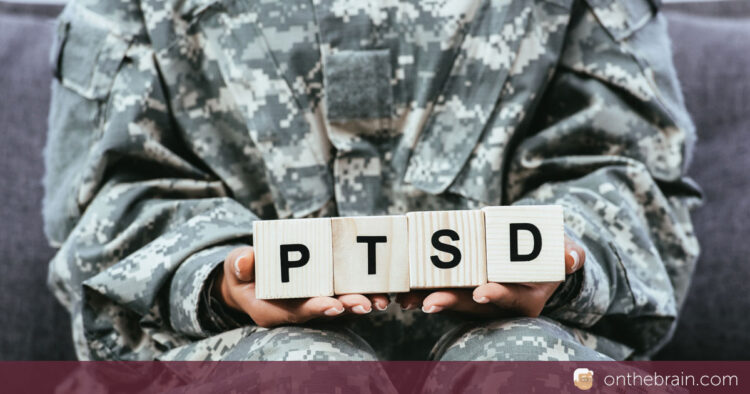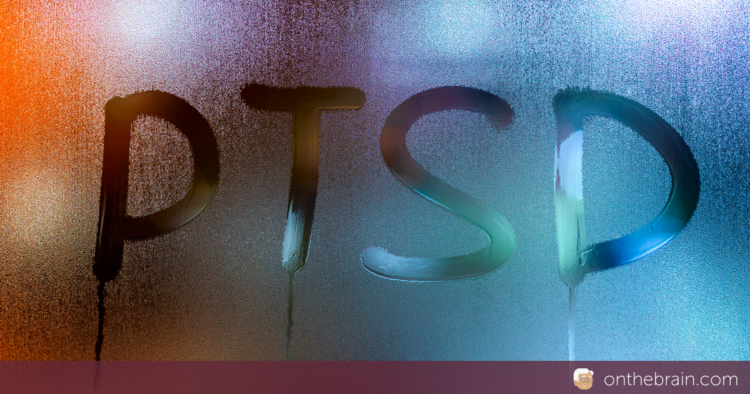Important update on risk factors contributing to PTSD onset!
In our last entry on this subject, we summarized risk factors for PTSD onset as follows: “You just DON’T want to be a) an ambidextrous b) Latino c) who has a history of cognitive or learning impairment and d) who suffers additional diffuse or localized brain trauma e) in parallel with an exposure to f)…





